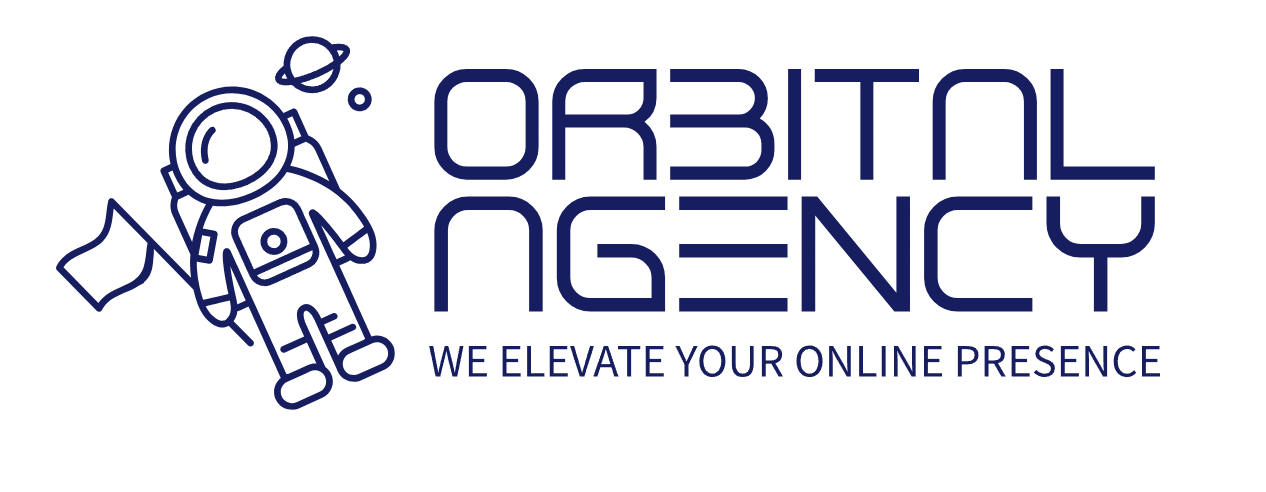Why Some Developers Don’t Use WordPress
WordPress powers over 40% of all websites online, and for good reason—it’s flexible, affordable, and supported by a huge community. But not every developer swears by it. In fact, many professionals prefer to avoid WordPress entirely. So what gives?
While WordPress is a strong option for certain use cases, it also comes with drawbacks that can complicate development, performance, and long-term scalability.
Why Some Developers Avoid WordPress
1. Plugin Bloat: Many WordPress sites rely on dozens of third-party plugins. These can conflict with one another, slow down your site, or introduce security risks—especially if not updated regularly.
2. Security Concerns: Because WordPress is open source and so widely used, it’s a frequent target for hackers. Sites without proper security configurations are especially vulnerable.
3. Performance Limitations: A plugin-heavy WordPress site often suffers from slow load times and inefficient back-end code. For developers who value clean, optimized performance, this can be a dealbreaker.
4. Maintenance Headaches: WordPress requires constant updates—core, themes, plugins, and PHP. Even minor updates can break functionality and demand developer intervention.
5. Overkill for Simple Sites: For local businesses or small brands that don’t need advanced functionality, WordPress may be overengineered. A leaner platform can often be faster and more secure with fewer moving parts.
What Do Developers Use Instead? Many developers opt for:
These alternatives often provide more control, better performance, and smoother scalability for growing businesses.
At Orbital Marketing Agency, we use a white-label platform designed for local businesses. It eliminates plugin clutter, offers blazing-fast load times, and gives clients a simple dashboard to update their site—no technical headaches.
When WordPress Is the Right Fit We’re not anti-WordPress—it still makes sense for:
The key is knowing when it fits your goals—and when it’s holding you back.
Schedule Your Free Custom Website and we’ll help you choose the right platform based on your business model, performance needs, and update preferences.
For a look at how WordPress compares to leaner platforms, read 3 Web Design Mistakes That Hurt Atlanta Business Growth.
See how digital strategy pairs with platform choice in 5 Digital Marketing Mistakes Brooklyn Businesses Must Avoid.
Thinking about hidden costs? Don’t miss 5 Hidden Costs to Watch for in Cheap Website Design.
For industry-specific advice, explore 5 Industries in NJ That Can’t Afford to Skip Professional Web Design.
Need something built to scale? Read 5 Key Elements of an Effective Custom Website for NJ Companies.
While WordPress is a strong option for certain use cases, it also comes with drawbacks that can complicate development, performance, and long-term scalability.
Why Some Developers Avoid WordPress
1. Plugin Bloat: Many WordPress sites rely on dozens of third-party plugins. These can conflict with one another, slow down your site, or introduce security risks—especially if not updated regularly.
2. Security Concerns: Because WordPress is open source and so widely used, it’s a frequent target for hackers. Sites without proper security configurations are especially vulnerable.
3. Performance Limitations: A plugin-heavy WordPress site often suffers from slow load times and inefficient back-end code. For developers who value clean, optimized performance, this can be a dealbreaker.
4. Maintenance Headaches: WordPress requires constant updates—core, themes, plugins, and PHP. Even minor updates can break functionality and demand developer intervention.
5. Overkill for Simple Sites: For local businesses or small brands that don’t need advanced functionality, WordPress may be overengineered. A leaner platform can often be faster and more secure with fewer moving parts.
What Do Developers Use Instead? Many developers opt for:
- Headless CMS setups (like Strapi or Sanity)
- Website builders with integrated CMS (like Webflow or SiteSwan)
- Custom-coded solutions using frameworks like React, Vue, or Laravel
These alternatives often provide more control, better performance, and smoother scalability for growing businesses.
At Orbital Marketing Agency, we use a white-label platform designed for local businesses. It eliminates plugin clutter, offers blazing-fast load times, and gives clients a simple dashboard to update their site—no technical headaches.
When WordPress Is the Right Fit We’re not anti-WordPress—it still makes sense for:
- Large blogs with thousands of posts
- Companies that need deep integrations
- DIY users on tight budgets
The key is knowing when it fits your goals—and when it’s holding you back.
Schedule Your Free Custom Website and we’ll help you choose the right platform based on your business model, performance needs, and update preferences.
For a look at how WordPress compares to leaner platforms, read 3 Web Design Mistakes That Hurt Atlanta Business Growth.
See how digital strategy pairs with platform choice in 5 Digital Marketing Mistakes Brooklyn Businesses Must Avoid.
Thinking about hidden costs? Don’t miss 5 Hidden Costs to Watch for in Cheap Website Design.
For industry-specific advice, explore 5 Industries in NJ That Can’t Afford to Skip Professional Web Design.
Need something built to scale? Read 5 Key Elements of an Effective Custom Website for NJ Companies.
